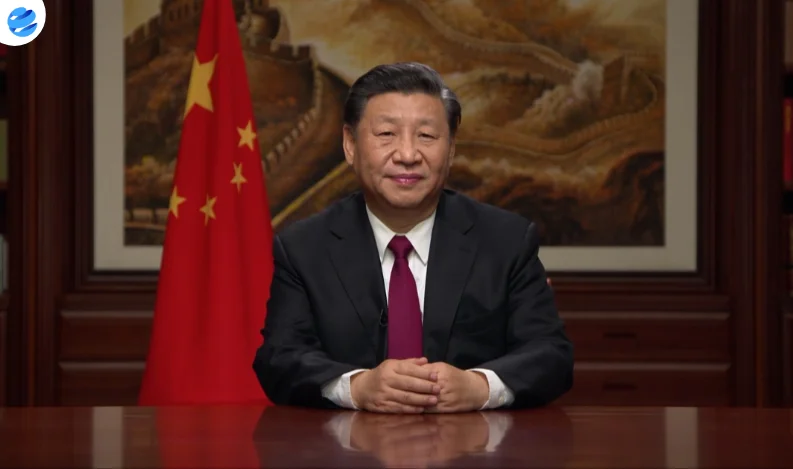China has accused the United States of “severely violating” a recently agreed trade truce, warning that it will take “strong measures” to defend its economic interests if Washington continues to backtrack on its commitments.
The statement, released Monday by China’s Ministry of Commerce, came in response to recent actions by the U.S. government, including restrictions on technology exports to Chinese firms, visa cancellations for Chinese students, and warnings against the use of Chinese-made chips — specifically targeting telecom giant Huawei.
“Washington has seriously undermined the consensus reached in Geneva,” said a ministry spokesperson, referencing the trade agreement struck just last month, which had temporarily eased tensions between the world’s two largest economies. “These actions constitute a direct breach of the trust and understanding reached between our leaders.”
The truce, negotiated during face-to-face talks in Geneva, saw the U.S. lower tariffs on Chinese goods from 145% to 30%, while China reduced its retaliatory tariffs on U.S. products from 125% to 10%. The breakthrough was hailed at the time as a rare moment of progress in what has been a long and bitter trade confrontation.
However, the fragile detente appears to be unraveling quickly.
Speaking at a rally in Pennsylvania last Friday, U.S. President Donald Trump claimed that China had “totally violated its agreement with us,” though he offered no specifics. His remarks were later clarified by Trade Representative Jamieson Greer, who stated that Beijing had failed to remove non-tariff barriers, as agreed in the Geneva talks.
Adding further strain to the situation, Trump also announced last week that the U.S. would double existing tariffs on steel and aluminum imports to 50%, effective this Wednesday. The move, which the President said was aimed at boosting domestic industry and reducing reliance on foreign suppliers, drew sharp criticism from Beijing and U.S. trading partners in Europe.
According to China, U.S. violations include:
-
Halting sales of chip design software to Chinese firms
-
Discouraging the use of Huawei components in government and private sectors
-
Cancelling student visas for certain Chinese nationals
“These are not minor infractions. They strike at the core of what was negotiated in good faith,” China’s spokesperson added.
Despite the mounting tensions, top U.S. officials signaled that diplomacy is still on the table. Treasury Secretary Elliot Bessent told CBS News that discussions between Trump and President Xi Jinping could happen soon and that both sides remain open to resolving differences. National Economic Council Director Kevin Hassett echoed that sentiment, saying a leader-level conversation was expected “within days.”
However, analysts warn that the deepening mistrust and rising rhetoric highlight how fragile the current trade truce is — and how difficult it may be to reach a lasting agreement.
“Beijing generally prefers to solidify technical agreements at lower levels before involving its top leadership,” noted Laura Li, a Beijing-based policy analyst. “Trump’s direct pressure tactics are unlikely to be well received in China’s political culture.”
With tariffs rising and diplomacy hanging in the balance, the next few weeks may determine whether the world’s two largest economies drift further apart or finally reset their fractured relationship.
























